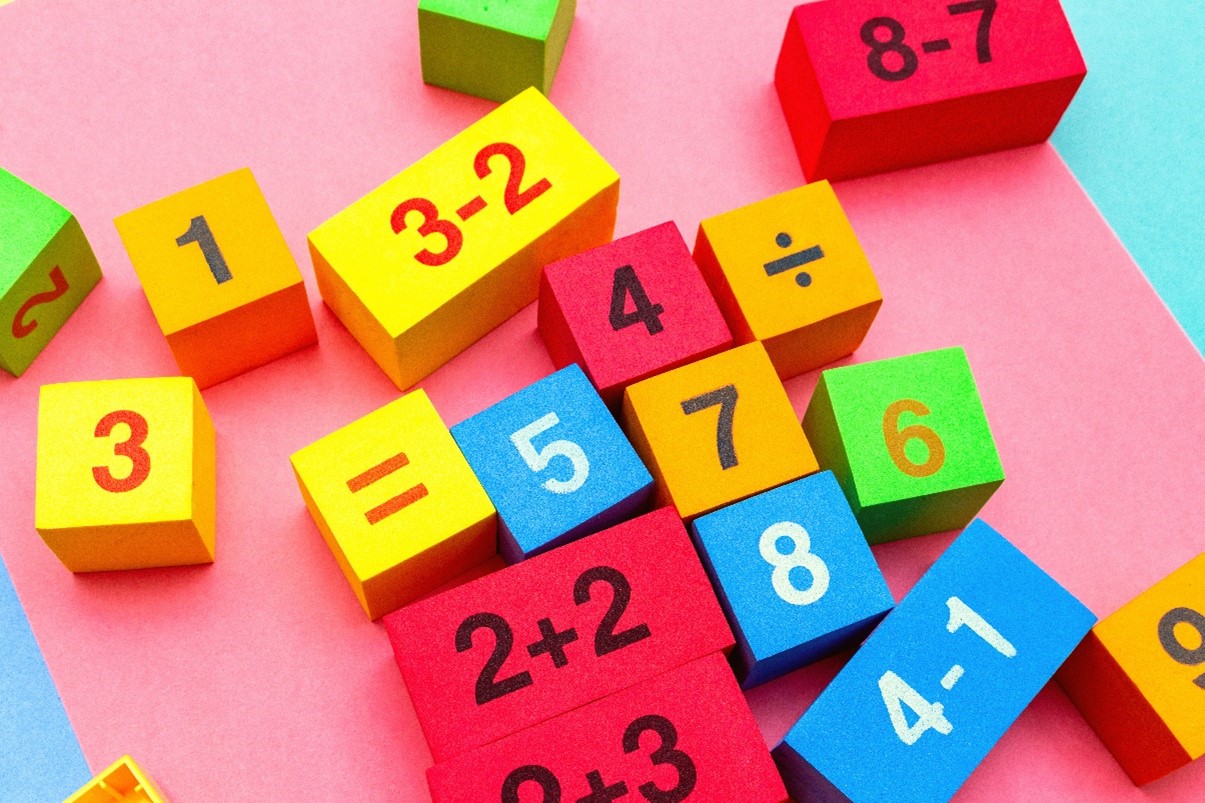Mathematics, often viewed through the narrow lens of classroom exercises and examinations, unfolds its true potential when linked to real-world applications. This connection not only enriches learning but also demystifies the subject, making it more accessible and engaging for students. By integrating real-life examples into math education, Angelo Dellomo of Mays Landing explains that teachers can illuminate the practical relevance of mathematical concepts, ranging from basic arithmetic to complex algebra and beyond.
Budgeting and Personal Finance: Incorporating lessons on creating and managing a budget, calculating interest rates, and making informed financial decisions is a crucial aspect of teaching math in personal finance. By providing students with these essential skills, they are better equipped to handle real-life financial scenarios, such as managing credit card debt, investing in stocks, and buying a home. Additionally, teaching students about personal finance helps to cultivate a sense of financial responsibility and independence, making them more confident and informed decision-makers in the long run.
Cooking and Baking: The culinary arts are a fascinating field that require a great deal of precision and accuracy in measurements, conversions, and ratios. Interestingly, this makes them an excellent opportunity for learners to apply their math skills in practice. Students can not only learn how to cook and bake, but also gain knowledge of fractions, proportions, and algebraic thinking through engaging in cooking activities. By measuring out ingredients, converting units, and adjusting proportions, they can develop a deep understanding of mathematical concepts that will serve them well in many aspects of life.
Sports Statistics: Sports statistics analysis is a fascinating and interactive approach to learn and explore the concepts of probability, statistics, and data analysis. By examining data sets such as batting averages, statistical graphs, and other relevant metrics, students can gain insights into the performance and trends of sports teams and individual players. This type of analysis can help students to make informed predictions and informed decisions based on data, which is a crucial skill in today’s data-driven world. Moreover, studying sports statistics can be an enjoyable and rewarding experience for students, as it combines their passion for sports with their desire to learn and apply analytical skills.
Home Improvement Projects: Projects like designing a garden, calculating paint for a room, or building a piece of furniture can teach geometry, measurement, and spatial reasoning.
Shopping and Discounts: Educating students on the various techniques involved in calculating discounts, taxes, and comparing prices while shopping can significantly enhance their numerical skills, especially in terms of applying percentages and fractions. By acquainting themselves with the concepts of percentages and fractions, students can learn to estimate the amount of money they can save while shopping, identify the best deals, and make informed purchasing decisions. Moreover, acquiring these skills can also help students develop a better understanding of real-world financial transactions, including shopping, budgeting, and investing, which can prove to be invaluable in their personal and professional lives.
Travel Planning: Planning a trip involves budgeting, calculating distances and travel times, and understanding currencies and conversions. This can introduce students to a variety of mathematical concepts in a practical context.
Environmental Conservation: Math can be used to calculate carbon footprints, understand population growth models, and analyze resource consumption, fostering environmental awareness and conservation efforts.
By bridging the gap between theoretical math and its practical applications, educators can foster a deeper understanding of the subject and its significance in everyday life. This approach not only enhances student engagement but also prepares them with the skills to navigate the world with analytical and problem-solving abilities.
